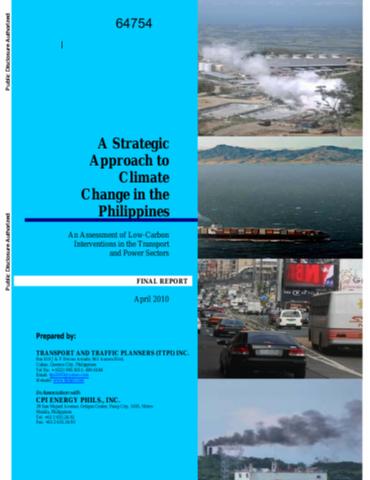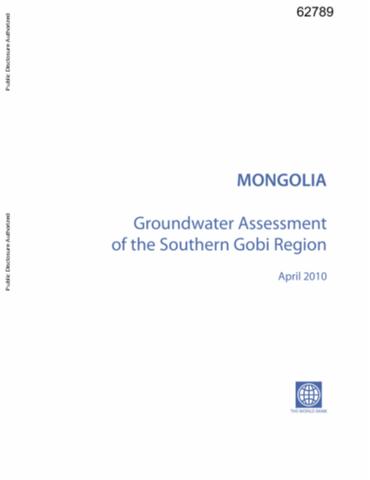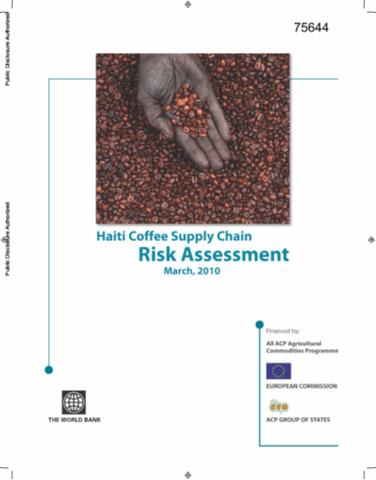The World Bank is a vital source of financial and technical assistance to developing countries around the world. We are not a bank in the ordinary sense but a unique partnership to reduce poverty and support development. The World Bank Group has two ambitious goals: End extreme poverty within a generation and boost shared prosperity.
- To end extreme poverty, the Bank's goal is to decrease the percentage of people living on less than $1.25 a day to no more than 3% by 2030.
- To promote shared prosperity, the goal is to promote income growth of the bottom 40% of the population in each country.
The World Bank Group comprises five institutions managed by their member countries.
The World Bank Group and Land: Working to protect the rights of existing land users and to help secure benefits for smallholder farmers
The World Bank (IBRD and IDA) interacts primarily with governments to increase agricultural productivity, strengthen land tenure policies and improve land governance. More than 90% of the World Bank’s agriculture portfolio focuses on the productivity and access to markets by small holder farmers. Ten percent of our projects focus on the governance of land tenure.
Similarly, investments by the International Finance Corporation (IFC), the World Bank Group’s private sector arm, including those in larger scale enterprises, overwhelmingly support smallholder farmers through improved access to finance, inputs and markets, and as direct suppliers. IFC invests in environmentally and socially sustainable private enterprises in all parts of the value chain (inputs such as irrigation and fertilizers, primary production, processing, transport and storage, traders, and risk management facilities including weather/crop insurance, warehouse financing, etc
For more information, visit the World Bank Group and land and food security (https://www.worldbank.org/en/topic/agriculture/brief/land-and-food-security1
Resources
Displaying 4671 - 4675 of 4906State-Building, Economic Development, and Democracy
The remolding of the state from an autocratic to a democratic one in postwar Japan is sometimes regarded as a successful case of external intervention for state-building. When Americans landed in Japan two weeks after Japan's acceptance of unconditional surrender, they expected to meet a fanatic and intransigent people. Instead they were surprised by the orderly and peaceful behavior of Japanese soldiers and citizens (Tamaki 2005, 13-20).
A Strategic Approach to Climate Change in the Philippines
Globally, the Philippines is a minor emitter of greenhouse gases (GHGs), but cost-effective mitigation present opportunities that should be captured, noting that the country is one of the signatory member states to the 1992 United Nations Framework Convention on Climate Change (UNFCCC) and its Kyoto Protocol. The country accounts for less than 0.3 percent of global GHG emissions in 2004.4 However, emissions are on the rise from both energy-use and land-use changes.
Mongolia
The report looks critically at the water resources and the current and projected future water demands in the Southern Gobi Region (SGR) using the widely dispersed data and information that are currently available. An important conclusion of the report is that almost all the significant sources of groundwater in the SGR are 'fossil' or 'non-renewable', meaning that they are finite resources which cannot be replenished. Not only will that, but pumping water out of these fosil aquifers tend to cause a drop in the groundwater levels above them.
Haiti Coffee Supply Chain Risk Assessment
Coffee is an ecologically and economically significant crop for Haiti. It is not only the main source of income for more than 100,000 farmers, but the coffee ecosystem also sustains a large part of the remaining tree cover (currently at less than 1.5 percent of land) of the country. This report does not aim to detail the structural constraints impacting upon the Haitian coffee sub-sector.
Madagascar
A well-functioning land administration and management system is crucial for Madagascar's economic and social future. Land is implicated in Madagascar's ongoing economic development and social transformation in many important ways, as key a factor in its quest for economic growth, urbanization, transparent decision-making on land-related foreign investments, environment protection, vibrant and sustainable rural communities, political stability, and social cohesion.










